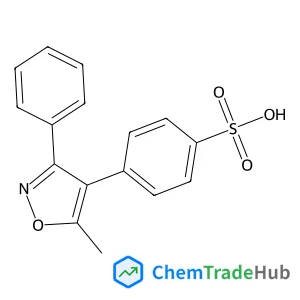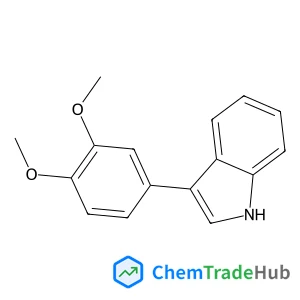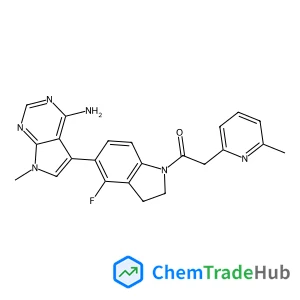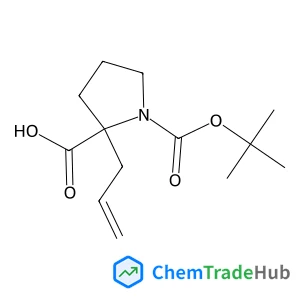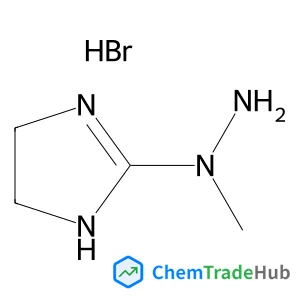Target-selective degradation of proteins by a light-activated 2-phenylquinoline-estradiol hybrid
文献信息
Akane Suzuki, Kana Tsumura, Takeo Tsuzuki, Shuichi Matsumura, Kazunobu Toshima
A designed 2-phenylquinoline-estradiol hybrid effectively and selectively degraded the target transcription factor, human estrogen receptor-α (hER-α), which has a high affinity with the estradiol moiety, under long-wavelength UV photo-irradiation, without additives and under neutral conditions.
相关文献
IF 6.222
Triboelectric nanogenerators for a macro-scale blue energy harvesting and self-powered marine environmental monitoring systemIF 6.367
High-performance tungsten carbide electrocatalysts for the hydrogen evolution reactionIF 6.367
Nickel-containing N-doped carbon as effective electrocatalysts for the reduction of CO2 to CO in a continuous-flow electrolyzerIF 6.367
Microscopic insights into long-range 1D ordering in a dense semi-disordered molecular overlayerIF 6.222
Life cycle assessment of plasma-assisted ethylene production from rich-in-methane gas streamsIF 6.367
Sensitive and specific detection of tumour cells based on a multivalent DNA nanocreeper and a multiplexed fluorescence supersandwichIF 6.222
From zinco(ii) arsaketenes to silylene-stabilised zinco arsinidene complexesIF 6.222
Effective utilisation of waste cooking oil in a single-cylinder diesel engine using alumina nanoparticlesIF 6.367
Engineering nanoporous organic frameworks to stabilize naked Au clusters: a charge modulation approachIF 6.222
来源期刊
Chemical Communications
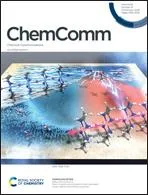
ChemComm publishes urgent research which is of outstanding significance and interest to experts in the field, while also appealing to the journal’s broad chemistry readership. Our communication format is ideally suited to short, urgent studies that are of such importance that they require accelerated publication. Our scope covers all topics in chemistry, and research at the interface of chemistry and other disciplines (such as materials science, nanoscience, physics, engineering and biology) where there is a significant novelty in the chemistry aspects. Major topic areas covered include: Analytical Chemistry Catalysis Chemical Biology and medicinal chemistry Computational Chemistry and Machine Learning Energy and sustainable chemistry Environmental Chemistry Green Chemistry Inorganic Chemistry Materials Chemistry Nanoscience Organic Chemistry Physical Chemistry Polymer Chemistry Supramolecular Chemistry
推荐供应商
 浙江车头制药有限公司
浙江车头制药有限公司 格罗顿生物系统公司
格罗顿生物系统公司 DaXem有限公司
DaXem有限公司 克劳迪乌斯·彼得斯集团
克劳迪乌斯·彼得斯集团 LECO仪器有限公司
LECO仪器有限公司 海姆巴赫过滤有限公司
海姆巴赫过滤有限公司 江苏弘惠医药有限公司
江苏弘惠医药有限公司 GENSORIC GMBH
GENSORIC GMBH MSR电子有限公司
MSR电子有限公司 SITA Messtechnik GmbH
SITA Messtechnik GmbH










